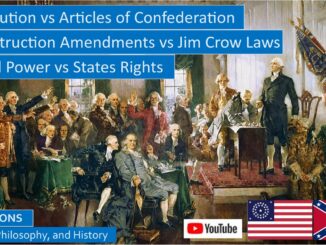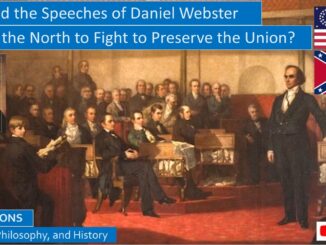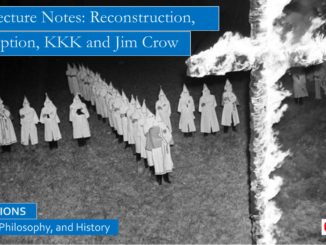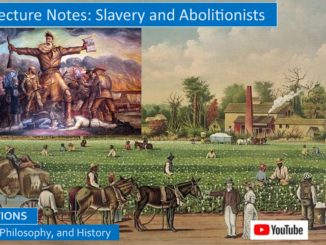Southerners were stubborn, Southerners were intransigent, Southerners could never accept St Paul’s declaration that “There is neither Jew nor Greek, there is neither slave nor free, there is neither male nor female; for you are all one in Christ Jesus.” It was anathema, unthinkable, incomprehensible that Southerners, and many Northerners, would ever regard negroes as equal to free white men, in their eyes negroes were inferior, they would always be subservient. General Sherman may have burned Atlanta and destroyed livestock, crops, and railroads in his mark to the sea; General Grant may have continually fought and flanked Robert E Lee until he was cornered and cut off from supplies at Appomattox; these two Union generals may have momentarily exhausted the ability of the Southern generals to continue the war; but the true Civil War to change racial attitudes is a war that is being fought to this very day.
The South may have lost the Civil War, but it won the peace. The history of Reconstruction is in three phases. In Presidential Reconstruction lenient terms entice the Southern states back into the Union, but the South overreaches, enacting black codes so harsh that they effectively re-enslave the free blacks to their former masters, denying blacks any rights as citizens. Radical Reconstruction is enacted when many in the North to be outraged by the attitudes of their Confederates, the Radical Republicans gain a veto-proof majority in both houses of Congress, the South is placed under military rule, and new elections are held and policies that benefit free blacks are enforced. But there is mass resistance, the Ku Klux Klan and similar white supremacy bands spring up, terrorizing the South in their night rides and burning crosses, lynchings become commonplace. The Panic of 1873 causes a deep recession, Northern public opinion tires of the endless struggle against the old Confederacy, leading to the final phase, Redemption. Federal troops are withdrawn from the South and the Southerners are free to rule as they see fit, Jim Crow laws are passed denying blacks their civil liberties and their ability to live a normal life with a decent paying job. The KKK and other night riders step up their lynchings to intimidate blacks, in some cases violently overthrowing legitimately elected local governments. […]





